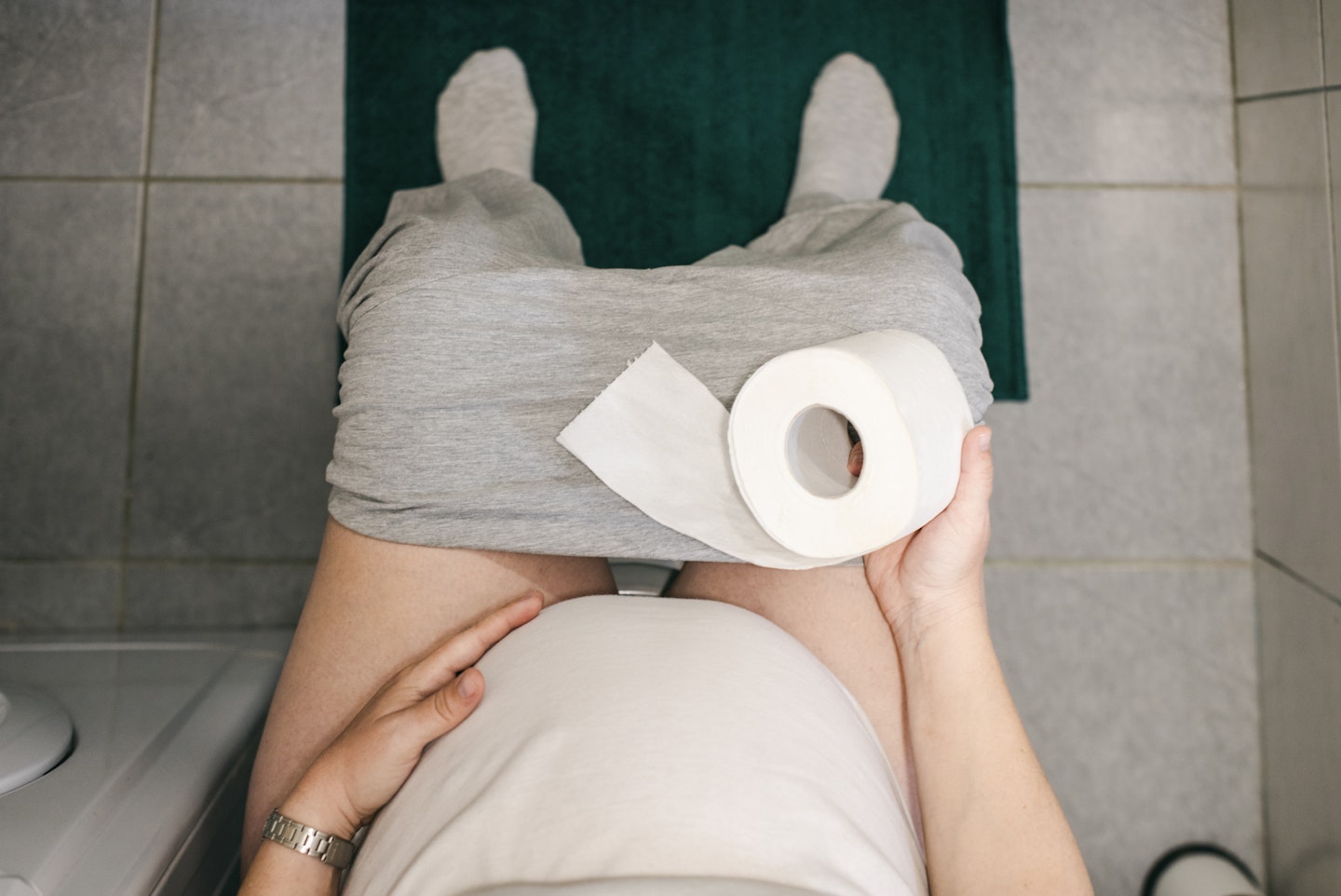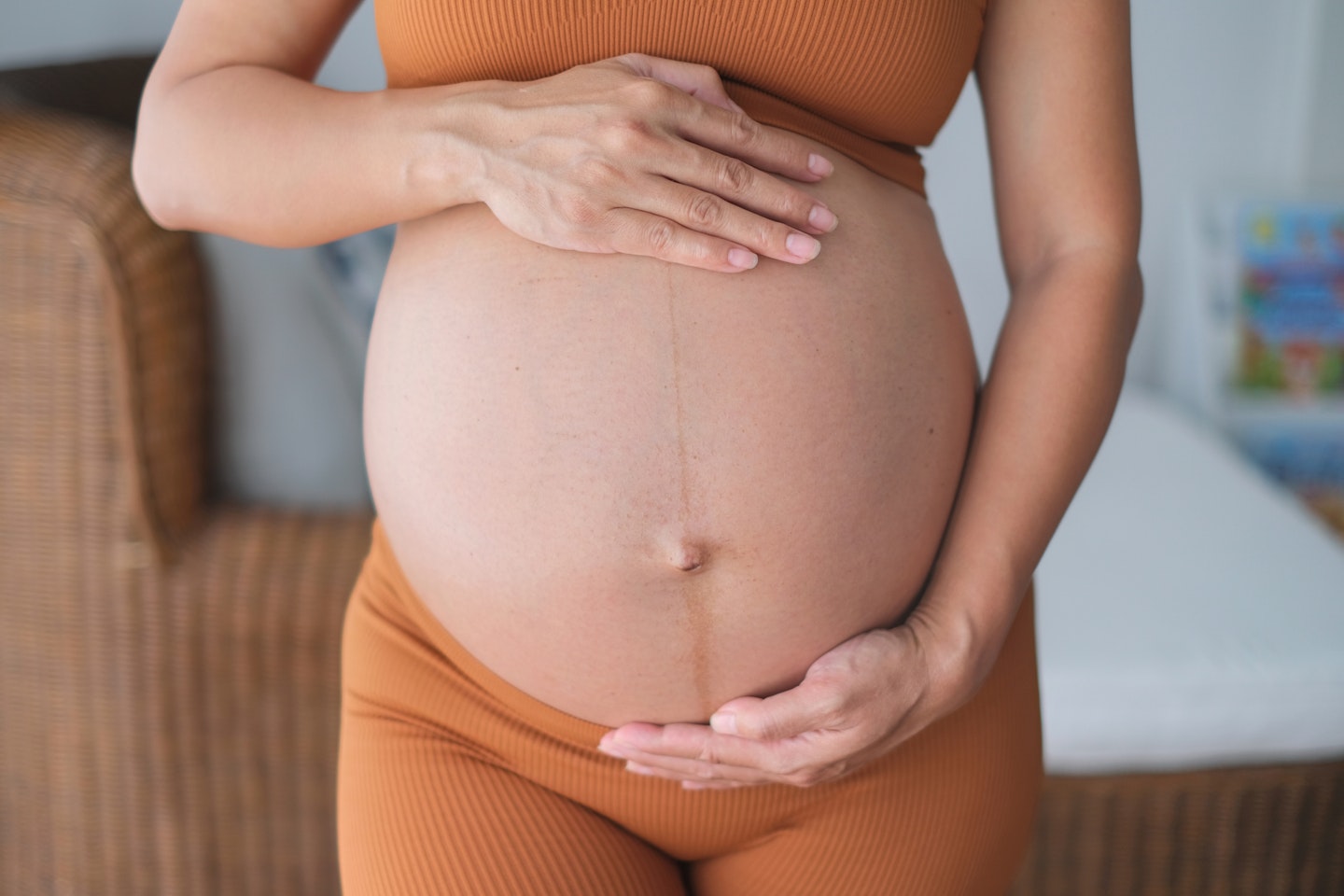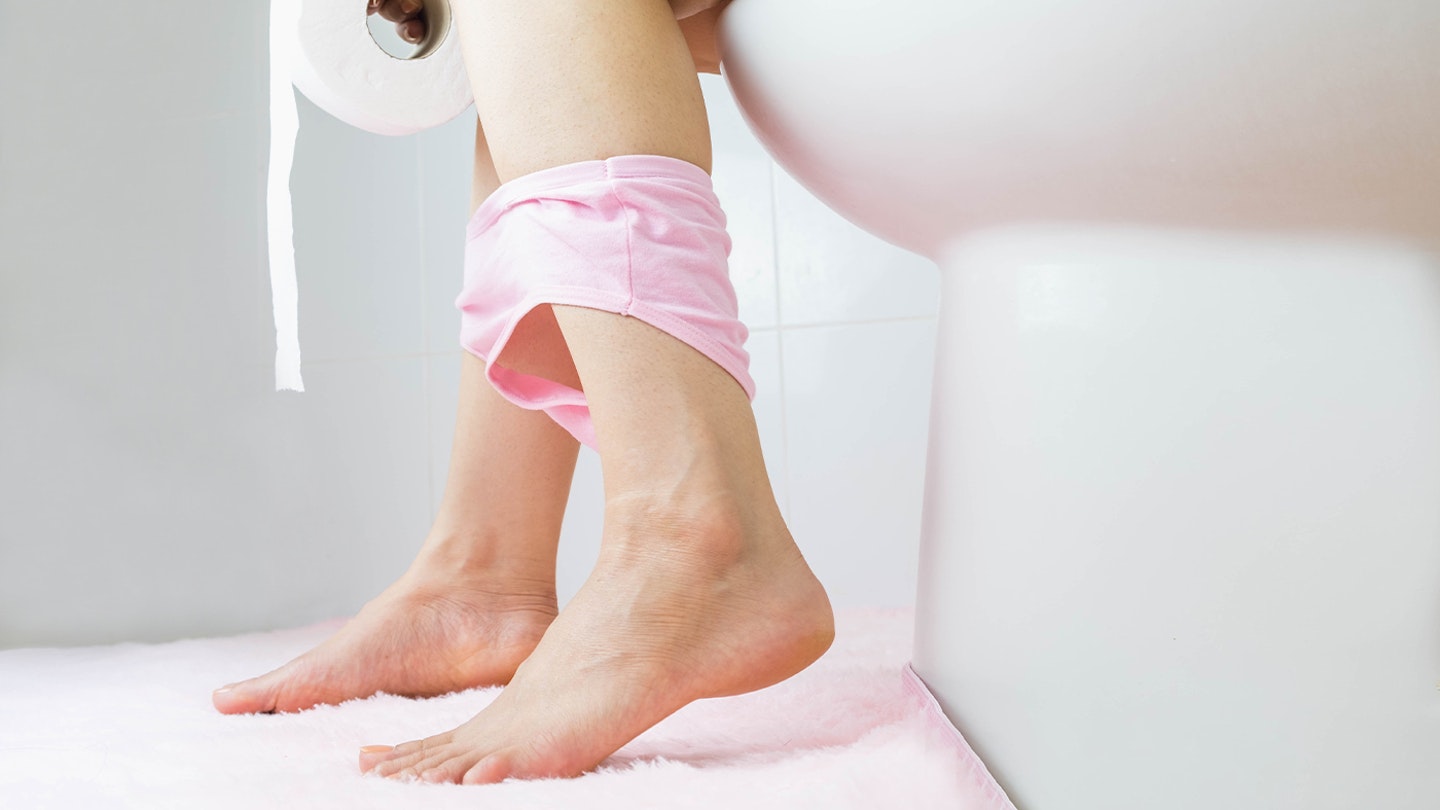
Medically Reviewed by: Dr. Tiffany Pham
This article has been medically reviewed by Dr Tiffany Pham, OB-GYN and Medical Advisor at Flo Health. Dr. Pham is passionate about helping women get access to necessary health services and medically-accurate health information and better understand their bodies.
While we're all aware of those common pregnancy symptoms such as morning sickness, a missed period or pregnancy fatigue, wet watery discharge is not a sign of pregnancy that always springs to mind.
However, we also know that vaginal discharge is a very normal part of women's menstrual cycle and can change depending on the time of month, as well as throughout our lives including puberty, pregnancy and menopause. Discharge is there to keep our vaginas clean and prevent infection, and it will also do this throughout pregnancy too.
If you've spotted any wet watery discharge during pregnancy, there's no need to worry. This is completely normal, and it's a sign that your body is working hard to keep you and your baby safe. The NHS says "when you're pregnant, it's normal to have more discharge than before."
Why do I have wet watery discharge in pregnancy?
We all get discharge between our periods and discharge cervical mucus when we're ovulating, but you might notice this discharge becomes heavier when you're pregnant. It may also be more watery and milky when you're pregnant and is referred to as leukorrhea.
This watery discharge is usually full of any dead cells and tissue your body no longer needs as your pregnancy develops, which is why it can get heavier as your pregnancy progresses. A heavier flow of discharge towards the end of your third trimester may even indicate that you'll soon be in labour.
While it is normal, you might feel it in your underwear, which can be uncomfortable so you may want to wear some panty liners, especially if it begins to get heavier.

What causes wet watery discharge in pregnancy?
This change in discharge is a normal response to your body becoming pregnant. There are many changes happening to your body when you get pregnant and one common change is an increase in discharge. Dr Tiffany Pham, says, "The increase in leukorrhea during pregnancy is a response to the hormonal changes that occur during pregnancy, notably to estrogen and progesterone levels." She adds that "vaginal discharge can play a role in maintaining optimal pH levels within the vagina, which subsequently can promote a healthy vaginal environment to help with the prevention of vaginal infections." Therefore, it's natural for your body to produce more Leukorrhea when you become pregnant as it's your body's way of clearing away dead cells from the birth canal and keeping you and your baby protected from any infections for the duration of the pregnancy.
Wet watery discharge – is it a sign of pregnancy?
If there's a chance you could be pregnant and have spotted an increase or change in your discharge, it could be a sign of pregnancy.
Early pregnancy discharge may appear watery, clear, white, or just plain thin but this can vary from pregnancy to pregnancy.
The only way to be sure that it's a sign of pregnancy is to take a pregnancy test.
Is watery discharge normal in early pregnancy?
It is normal to experience watery discharge in early pregnancy as your body is producing higher levels of estrogen and your hormones are all over the shop. It is normal to experience more discharge than you're seen before as you progress through your pregnancy.
Wet watery discharge - could it be a sign of miscarriage?
If you find that your discharge is pink, red, or brown and is followed by cramping and heavy bleeding, it could be an early sign of miscarriage. Loss of pregnancy symptoms such as nausea or breast tenderness may also accompany it.
What is the difference between excessive watery discharge and amniotic fluid from your waters breaking?
As you get further along in your pregnancy, the discharge may increase, so you might be wondering how to tell the difference between excessive watery discharge and if your waters are breaking.
The good news is that they're very different in terms of appearance. Discharge tends to be mucus-like in consistency and milky white in colour, whereas amniotic fluid is much more watery, is the colour of pale urine and is often a continuous trickle once it starts.
If you suspect you could be leaking amniotic fluid too early in your pregnancy you should call your doctor immediately.

Things to look out for
Clear or milky discharge that's quite watery in texture with no strong odour is normal. However, if you have any concerns or experience any of the symptoms below, or a change in discharge, it is best to contact your doctor or midwife to get it checked.
• Bad-smelling discharge
• Discharge that's deep yellow or green in colour
• Discharge that has a thick and lumpy consistency
• Burning or irritation could be a sign of an infection
• Discharge that is brown or has a pink tinge could be a sign of implantation bleeding or mean that you're going into labour.
• Watery, pale-straw or urine coloured discharge could be a sign your waters have ruptured
Watery discharge is common in pregnancy, when it can increase, but also normal at different times during a menstrual cycle. It is normally nothing to be worried about, but any concerns you have, should get checked by your doctor.
Wet watery discharge FAQs
How much watery discharge is considered too much?
During pregnancy, it is very common to experience more vaginal discharge than usual, which is typically thin, clear, or milky white and doesn't have a bad smell. However, excessive discharge or a continuous trickle or gush of clear, odourless fluid, especially before 37 weeks, could mean your waters may have broken. If this happens or you have any concerns, please speak to your midwife, doctor or triage unit right away.
What does it mean if you have smelly watery discharge during pregnancy?
Normal watery discharge during pregnancy has a mild odour but isn't foul smelling. However, watery discharge that smells unpleasent could be a sign of an infection, a yeast infection, bacterial vaginosis (BV) or an STI. You should consult a doctor or midwife if you are concerned about foul smelling discharge.
About the expert
Dr. Tiffany Pham is a board-certified obstetrician and gynaecologist and medical advisor for Flo Health. She has particularly keen interest in obstetrics and gynecology, minimally invasive surgery, medical education and telemedicine.
Lorna White is the Senior Digital Writer for Mother&Baby. After running the Yours magazine website, specialising in content about caring for kids and grandchildren, Lorna brought her expertise to Mother&Baby in 2020. She has a keen interest in a range of topics from potty training and nutrition to baby names and early development and has a wide range of experienced medical experts and professionals at her fingertips. In her spare time, she enjoys spending time with her two young sisters, dog walking and enjoying the outdoors with her family.
